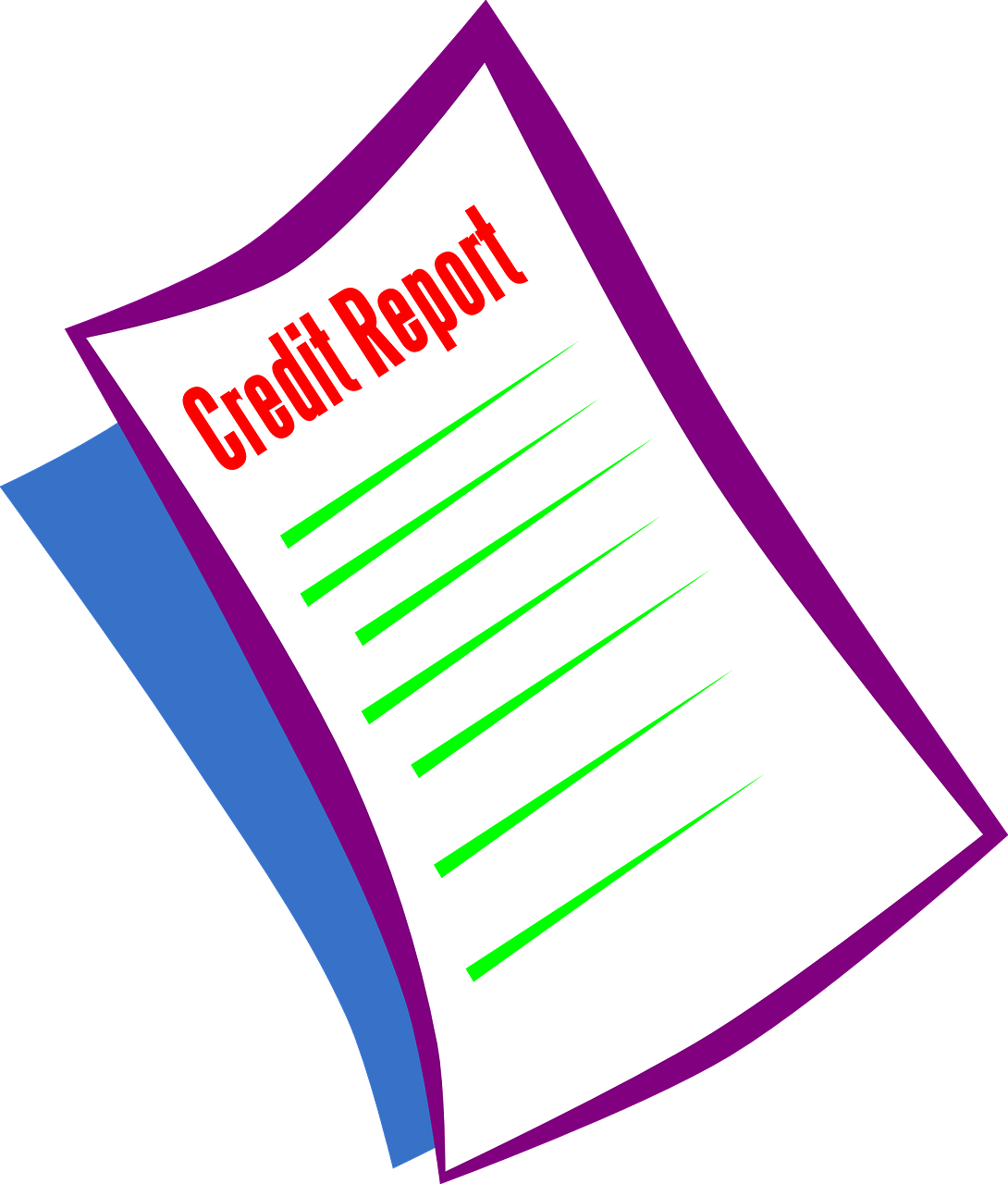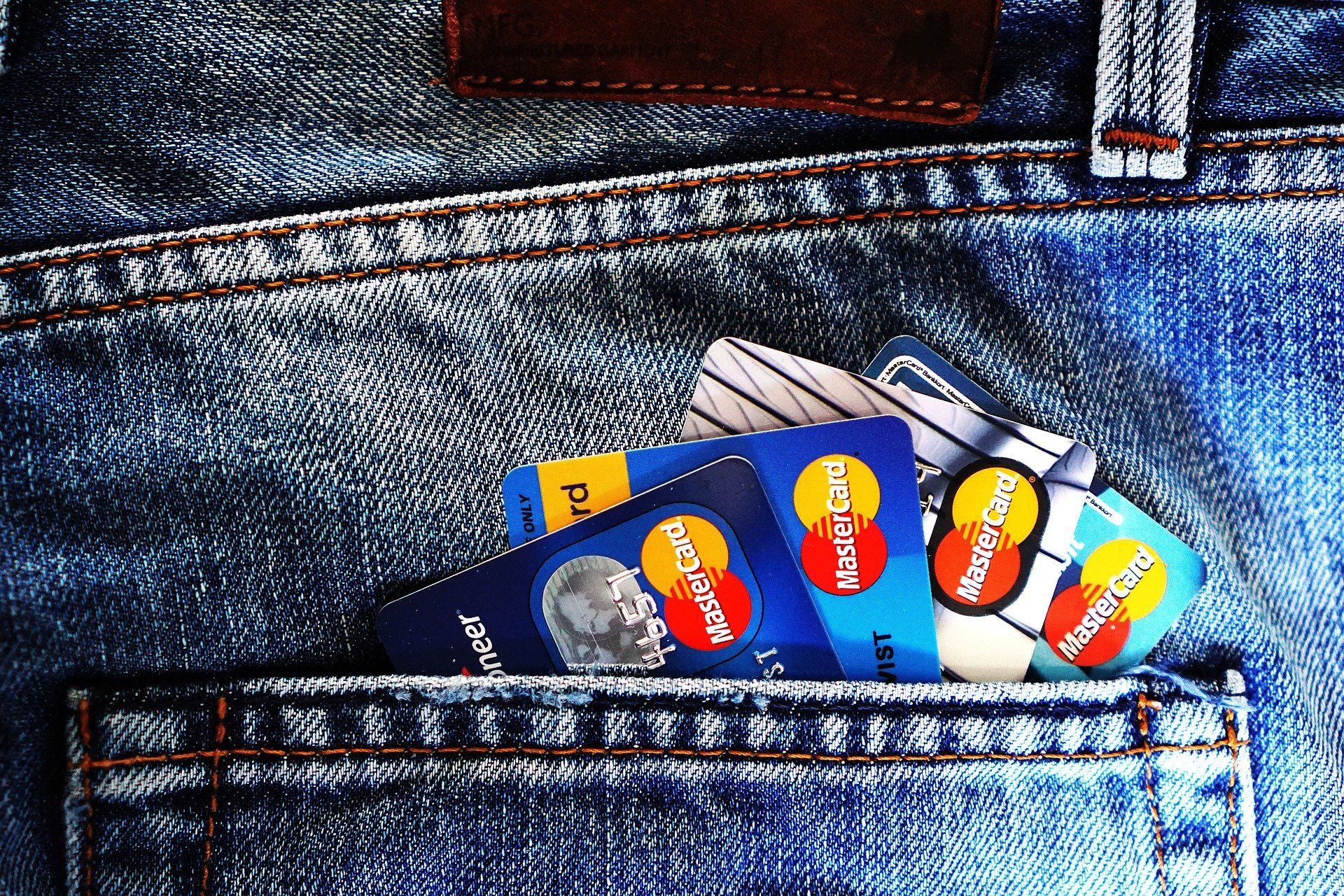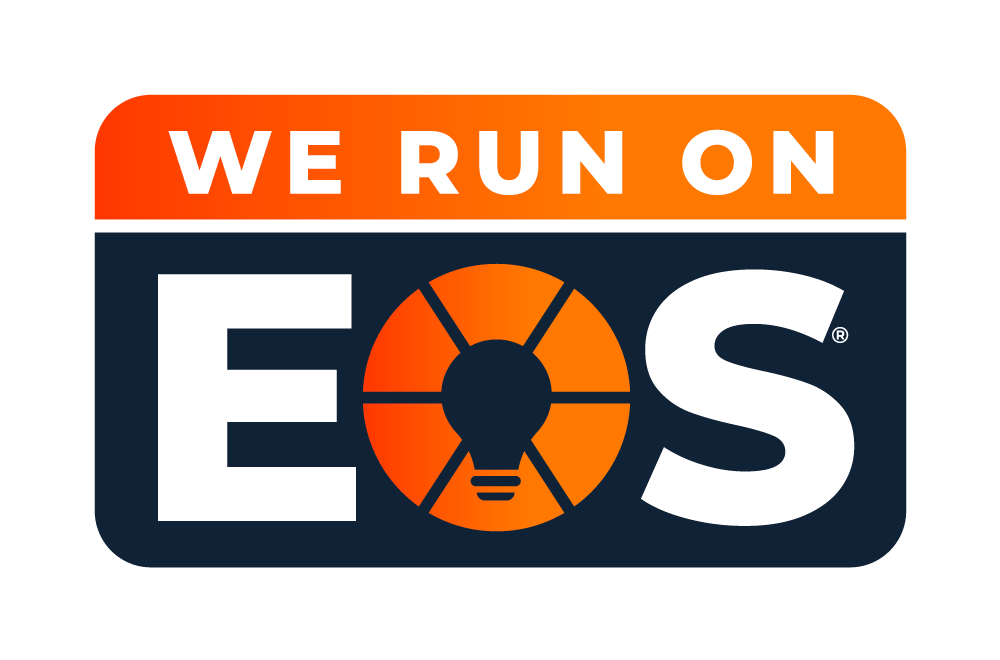How is My Credit Score Calculated?
| SCORE | RATING |
|---|---|
| 800-850 | Exceptional |
| 740-799 | Very Good |
| 670-739 | Good |
| 580-669 | Fair |
| Less than 580 | Poor |
How is my credit score determined?
There are 5 factors that play a role in determining your credit score: payment history, debt level, length of credit, inquiries, and mix of credit. Each one has a specific weight in this calculation.
- Payment History (35%) - Do you pay your bills on time or not? How much of a risk to the lender are you? Your payment history score is affected by late payments, collections and bankruptcies. Older delinquencies aren’t as harmful as more recent ones. According to Credit.com, “payment history appears on your credit report from 3 major U.S. credit reporting agencies—TransUnion, Equifax and Experian. The history that’s considered comes from your credit card payments, installment loans—such as a car payment—finance company accounts and mortgages. While all three reporting bureaus gather information about your payment history, not all creditors send all information to all three bureaus. For this reason, the information on your reports may be different between the bureaus.”
- Debt level (30%) - First, let’s talk about credit utilization. This is the amount of debt you have in comparison to your credit limit. High credit utilization means you are closer to your credit limits and may result in a lower credit score
- Length of credit history (15%) - The longer you have had credit, the better. It is recommended to leave open the accounts you have had for a while.
- Inquiries (10%)-How many times have you applied for credit? Every application for a credit card or loan is an added inquiry to your credit report. Typically inquiries made within the past year are considered. More inquiries may mean you are taking on too much debt or may be seen as a sign of financial trouble.
- Mix of credit (10%) - A variety of accounts shows experience in managing different types of credit. However, it is not recommended to open accounts simply for the sake of having a mix of credit.
How does this score affect me?
Generally speaking, a low credit score usually means you may have difficulty getting a credit card or loan. Additionally, it may result in higher interest rates on those credit cards and loans. For how this may affect your insurance rates, we suggest reading this article.
The good news is that there are ways to improve your score! If you don't know your score or want to investigate a low score, first start by getting a copy of your credit report. Some examples of sites that offer free credit scores are: CreditKarma.com, CreditSesame.com, LendingTree.com, and Quizzle.com. Please beware-if a site offers a free report but then asks for credit card information...it may not actually be free- so pay attention to the fine print! Next, review the details in all categories. Make a list of things you can change and create a plan to make those changes. Some of the sources that offer free credit reports also offer ways to improve your score.
CONNECT WITH
ADVISORS INSURANCE TODAY!
Get in Touch
864-509-0009
INSURANCE SERVICES:
HOW TO:
CONNECT WITH US:
Newsletter
Thank you for subscribing to the Advisors Insurance Agency Newsletter!
Please try again later.
Monday-Friday | 9am-5pm
6 Parkway Commons Way,
Greer, SC 29650
© 2024 All Rights Reserved | Advisors Insurance Agency








